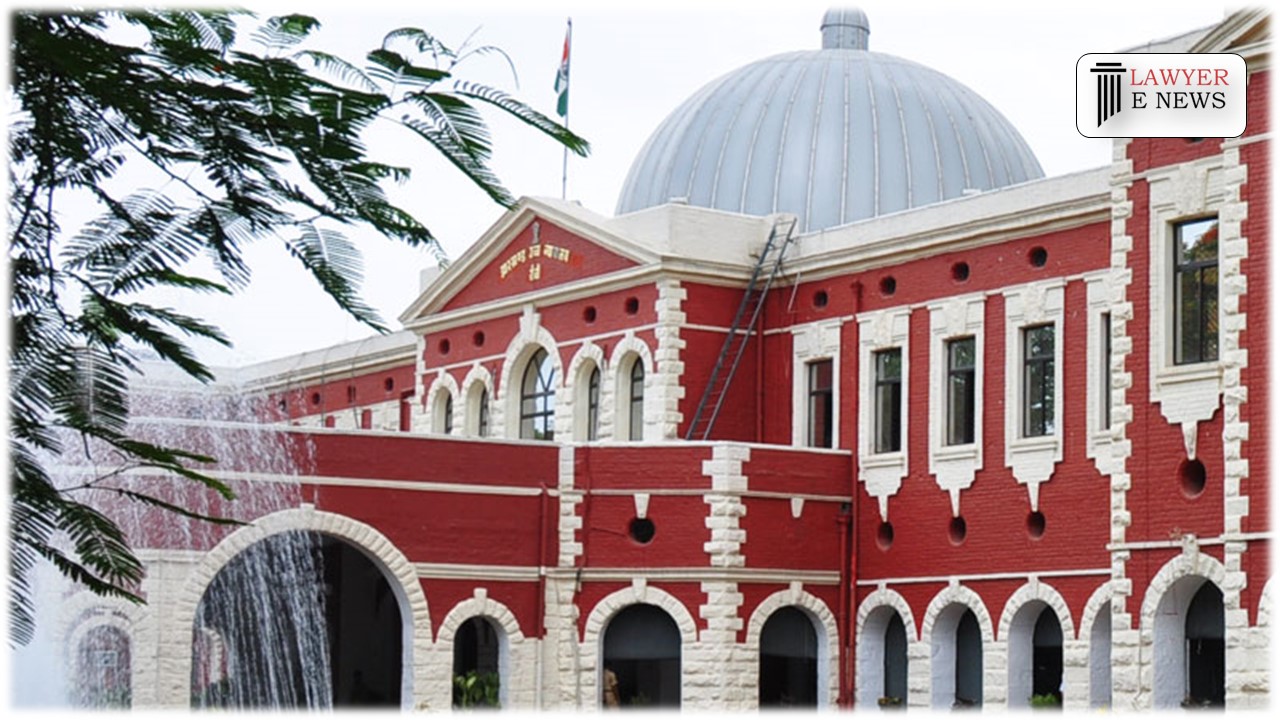-
by Admin
15 February 2026 5:35 AM



High Court Orders Immediate Release of Pension, Gratuity, and Other Benefits to Former Lecturer Despite Pending Criminal Cases
In a significant ruling, the Jharkhand High Court at Ranchi, presided over by Hon’ble Dr. Justice S.N. Pathak, has directed the immediate release of pension, gratuity, group insurance, and leave encashment benefits to Shanti Devi, a former lecturer, despite the pendency of criminal cases against her. The judgment underscores that the mere pendency of criminal cases without conviction is insufficient grounds for withholding pensionary benefits. The decision reaffirms pension as a property right under Article 300A of the Indian Constitution, aligning with several precedents set by the Supreme Court of India.
Shanti Devi, the petitioner, served as a lecturer at various institutions and was also appointed as a member of the Jharkhand Public Service Commission. During her service, multiple criminal cases were filed against her, resulting in her suspension and subsequent retirement under Section 67 of the Jharkhand State Universities Act, 2000. Despite being acquitted in some cases and not convicted in others, her pensionary benefits were withheld by the authorities on the grounds of the pending criminal cases.
The court emphasized that pension and other retiral benefits are not discretionary but are earned by employees through their service. “Pension is not a bounty payable on the sweet will and pleasure of the Government,” the judgment quoted from the Supreme Court’s ruling in Deokinandan Prasad v. State of Bihar.
Justice Pathak cited several key judgments, including D.S. Nakara v. Union of India, which described pension as a deferred salary and a right, not a gratuitous payment. The judgment also referenced State of Jharkhand v. Jitendra Kumar Srivastava, highlighting that pension cannot be withheld without specific statutory provision, reaffirming it as a constitutional right under Article 300A.
The court extensively discussed the principles governing the withholding of pensionary benefits. It ruled that the absence of any departmental proceedings against the petitioner further invalidated the grounds for withholding her benefits. The court stated, “In the absence of any specific rules, pension being a right in ‘property’ cannot be withheld, and the same is impermissible.”
Justice S.N. Pathak remarked, “Pension, as well known, is not a bounty. It is treated to be a deferred salary. It is akin to the right of property.” This statement encapsulates the court’s stance on the inviolability of pension rights irrespective of pending criminal cases.
The Jharkhand High Court’s decision to allow the writ petition and direct the respondents to release Shanti Devi’s pensionary benefits within 12 weeks sets a strong precedent. It sends a clear message that the pendency of criminal cases without conviction cannot be a basis for denying pension rights. This judgment is likely to impact future cases significantly, reinforcing the legal framework protecting the rights of retired employees.
Date of Decision: 16th May 2024
Shanti Devi v. The State of Jharkhand & Ors.
